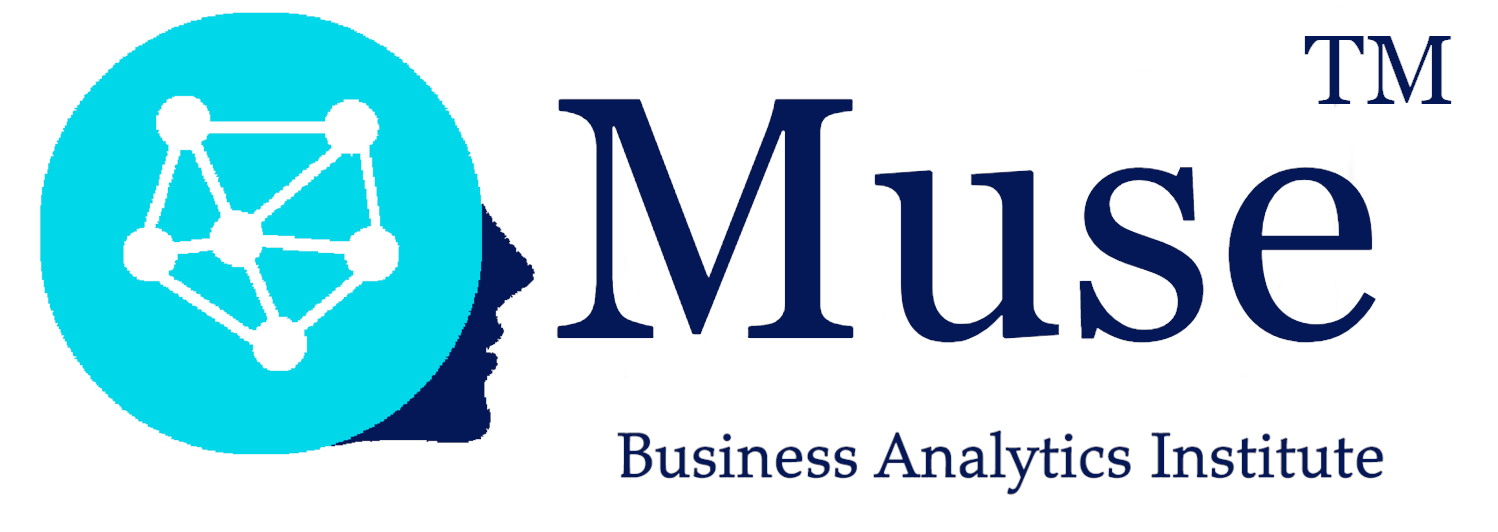Financial Well-Being
In this exploration of Financial Well Being, MUSE™ is pleased to welcome Professor Karen Elliott Fintech Chair at the University of Birmingham and author of the book How to Design and Develop a Business Research Project: Demystifying Academic Research for Business Professionals.
Professor Elliot’s commentary can be found this.
In the realm of banking and finance, organizations of all sizes have harnessed the power of artificial intelligence to enhance operational efficiency, gain insights into customer behavior, and pioneer innovative financial products. Yet, less recognized is the opportunity for individuals to utilize AI to bolster their own financial decision-making capabilities, paving the way towards greater financial independence and a more fulfilling work/life balance.
Financial well-being extends beyond the ability to pay one’s bills - the concept encompasses having the resources to pursue opportunities, handle unexpected expenses, and plan for the future. Achieving financial well-being is a foundational goal providing a sense of security and empowerment, allowing individuals to focus on personal growth, invest in their health and relationships, and contribute positively to their communities. More importantly, it is a cornerstone of overall well-being, enabling individuals with a greater degree of freedom to pursue their passions and aspirations.
Artificial Intelligence holds considerable promise in bolstering financial well-being through its capacity to enhance financial literacy, deliver customized solutions, and streamline decision-making processes. AI can play a role in enhancing financial literacy, providing personalized financial advice, and optimizing financial decisions. AI is already transforming the financial ecosystem by weakening traditional institutional bonds and opening doors to new operating models. AI-driven solutions offered through open banking solutions create the opportunity to enrich employee financial wellness by offering personalized support, facilitating informed decision-making, and fortifying financial futures.
Financial well-being provides measurable business value for banking and financial institutions. This proactive approach not only strengthens customer intimacy but also mitigates the risk of defaults and delinquencies, contributing to overall financial stability and inclusion. AI can potentially play a pivotal role in ensuring fair and inclusive credit decisions by providing insights into decision-making processes and uncovering the factors driving lending outcomes. By transparently disclosing the rationale behind credit assessments, banks can choose to mitigate biases and discrimination inherent in traditional lending practices, thereby expanding access to credit for underserved populations.
Artificial Intelligence models have immense potential to foster financial well-being and inclusion by enhancing transparency, accountability, and personalization in banking and financial services. For instance, financial institutions can leverage machine learning and AI to analyze vast amounts of data and predict cash flows for individuals facing financial difficulties. By identifying patterns indicative of probable hardships, both traditional and the neo-banks can proactively reach out to offer tailored support and resources, such as financial counseling or flexible repayment plans, thereby empowering individuals to navigate financial challenges more effectively.
Additionally, AI algorithms can analyze individual financial profiles and provide personalized wealth advice tailored to specific needs and goals, empowering individuals to make informed financial decisions and build long-term financial resilience.
Relying on technology alone doesn’t pave the way for a brighter and more promising future. For a large percentage of the world’s population, the current banking and financial system presents several challenges to achieving financial well-being. Substantial fees, complex financial products, and limited access to banking services hinder many from effectively managing their finances. Economic inequalities and systemic barriers often exacerbate financial insecurity, making it difficult for marginalized communities to build wealth and achieve financial stability. Predatory lending practices and inadequate consumer protection measures can leave individuals vulnerable to financial exploitation and debt traps.
The market system has hardened the barriers to financial inclusion through various mechanisms, including disparities in income distribution, lack of access to formal financial services in “non-profitable” markets, and systemic biases that exclude marginalized populations.
Moreover, bureaucratic hurdles and regulatory constraints have more often than not impeded the establishment of inclusive financial systems, making it difficult for individuals without traditional forms of identification or credit history to access banking services. To date, the Internet revolution has created a digital divide that exacerbates these challenges, for those without the necessary knowledge and skills are further marginalized from participating effectively in the digital economy.
The challenge here for our Summer School participants goes far beyond the availability of data and algorithms. Financial well-being can’t be objectively defined, but must be subjectively built upon the physical, mental, and emotional experiences of individuals and communities. Financial well-being is subjective and dynamic, evolving over time and in response to cultural, societal, and personal visions of success. The application of AI to better equip individuals to plan for their future will inevitably “move the goalposts” on the fundamental issues of equality, prosperity, and well-being. As in other fields of AI practice, its middle and long-term benefits will depend on our ability to enrich human intelligence.

